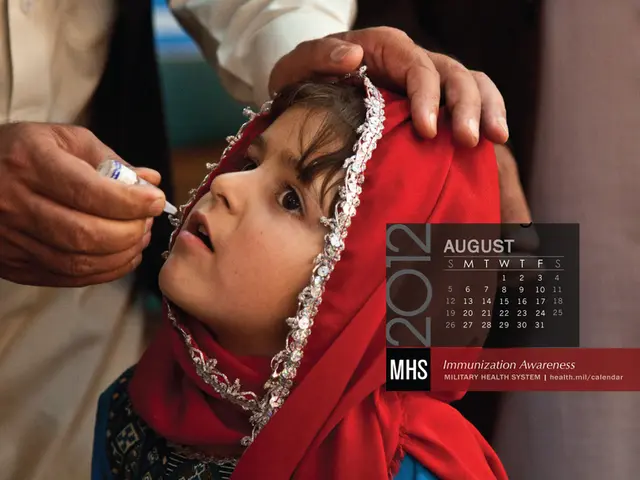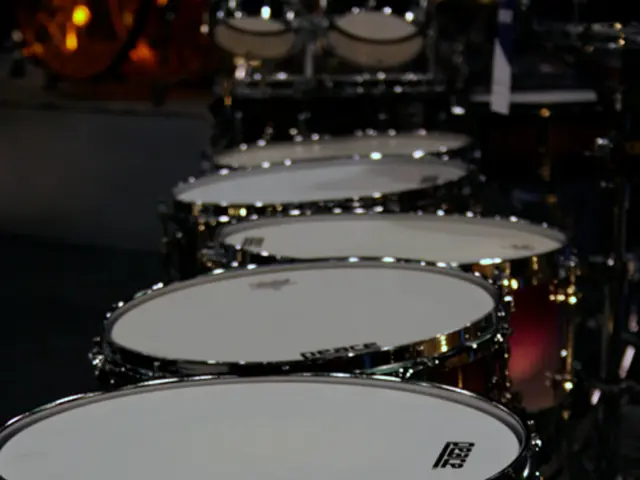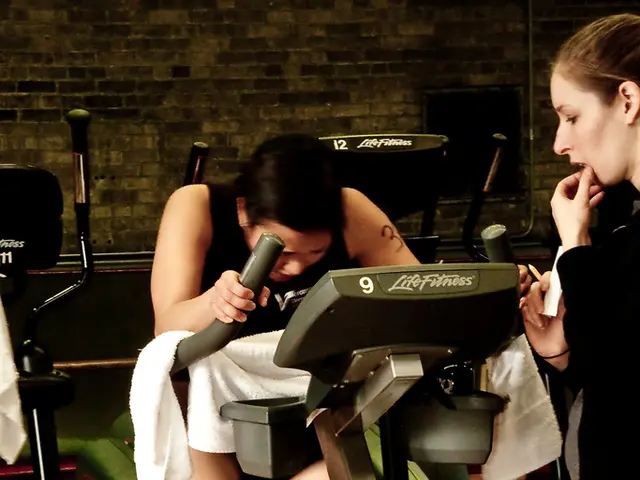Blood Donation: Urging Youth to Save Lives
Younger Individuals Encouraged by Health Minister to Donate Blood - Young people implored to offer blood donations by Health Minister.
Here's an urgent call to the youth by Federal Health Minister Nina Warken (CDU): donate blood. Young people seem to have shied away from blood donation centers. But as these Politician from the capital city, Berlin, puts it, "it's a good deed. Join in." Regular donations can indeed save lives. One never knows when they might need blood reserves in an emergency or during surgery.
Healthy adults aged 18 or above with a minimum body weight of 50 kg can donate blood. Men can donate up to six times a year, while women can donate up to four times.
The German Red Cross (DRK) has voiced concern over a generational shift among blood donors in Germany. As the strong-donating baby boomer generation moves towards retirement, there's a pressing need for a new batch of donors, especially the much-needed "first-timers."
But why is it crucial? First off, Germany performs roughly 18 million surgical interventions each year, many of which require blood transfusions. Secondly, the growing demand for blood products can't be overlooked, especially in light of advanced medical treatments required today.
Safety is not a concern when it comes to transfusions in Germany, but monitoring is stringent to ensure rare but critical incidents like incorrect transfusions are addressed.
The exit of the baby boomer generation from the donor pool creates a supply gap that needs to be filled urgently. To address this demographic challenge, targeted campaigns must be launched to educate young adults about the importance of blood donation, making the process accessible and appealing to them.
Moreover, the surging global plasma economy presents opportunities for plasma product manufacturers in Germany. Leveraging Germany's advanced health care infrastructure and large patient base could potentially benefit donor recruitment and engagement innovation for plasma donations, but be aware, the challenge of engaging younger generations remains.
| Aspect | Current Status/Challenge ||-------------------------------|---------------------------------------------------------|| Donor Demographics | Aging, need to engage young people || Annual Surgical Interventions | ~18 million || Transfusion Safety | Well-monitored, rare incidents || Plasma Economy | Growing, but donor recruitment is essential |
In conclusion, Germany's blood donation system needs to stir a decisive movement among the youth. Public campaigns, education, and opportunities in the plasma economy can play pivotal roles in bridging the generational gap and safeguarding blood supplies for the future.
- Referencing the community policy and health-and-wellness aspect, it is crucial to launch targeted campaigns that enlighten the youth about the importance of blood donation to ensure a steady supply of blood as the baby boomer generation retires.
- Combining the science, environment, and mental-health elements, promoting blood donation can be more appealing to young adults by showcasing its connection with cutting-edge medical advancements and the positive impact it has on both physical (health and wellness) and psychological (mental health) well-being.






